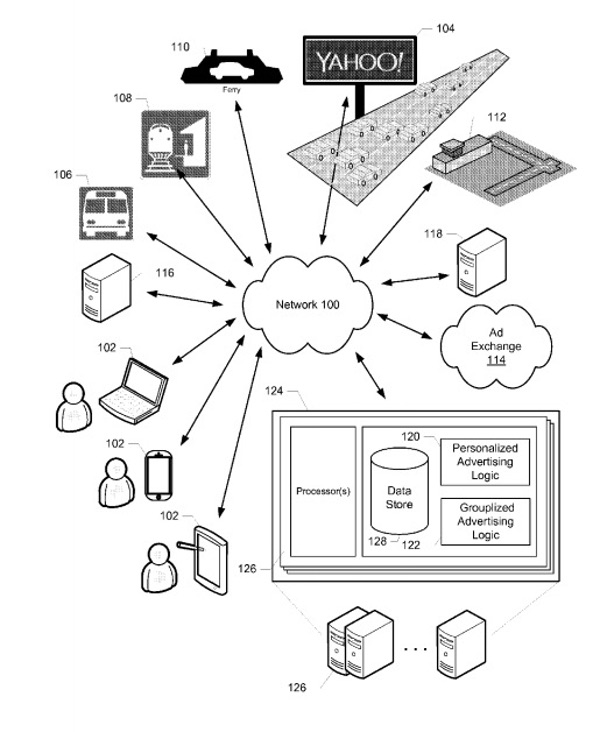Facebook Allowed Advertisers to Target Users Interested in “White Genocide”—Even in Wake of Pittsburgh Massacre
Apparently fueled by anti-Semitism and the bogus narrative that outside forces are scheming to exterminate the white race, Robert Bowers murdered 11 Jewish congregants as they gathered inside their Pittsburgh synagogue, federal prosecutors allege. But despite long-running international efforts to debunk the idea of a “white genocide,” Facebook was still selling advertisers the ability to market to those with an interest in that myth just days after the bloodshed.
A simple search of Facebook pages also makes plain that there are tens of thousands of users with a very earnest interest in “white genocide,” shown through the long list of groups with names like “Stop White South African Genocide,” “White Genocide Watch,” and “The last days of the white man.” Images with captions like “Don’t Be A Race Traitor” and “STOP WHITE GENOCIDE IN SOUTH AFRICA” are freely shared in such groups, providing a natural target for anyone who might want to pay to promote deliberately divisive and incendiary hate-based content.

 “Data-driven policing means aggressive police presence, surveillance, and perceived harassment in those communities. Each data point translates to real human experience, and many times those experiences remain fraught with all-too-human bias, fear, distrust, and racial tension. For those communities, especially poor communities of color, these data-collection efforts cast a dark shadow on the future.”
“Data-driven policing means aggressive police presence, surveillance, and perceived harassment in those communities. Each data point translates to real human experience, and many times those experiences remain fraught with all-too-human bias, fear, distrust, and racial tension. For those communities, especially poor communities of color, these data-collection efforts cast a dark shadow on the future.”


